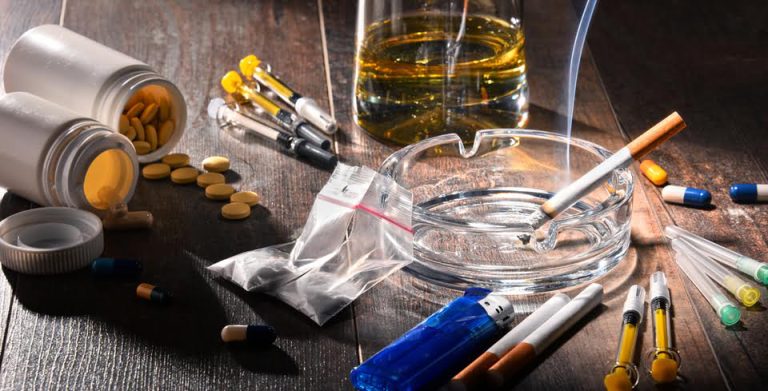I know which vitamins work for me as tools, buffers, or lines of defense against stress, insomnia, and poor health. Figuring out which ones worked best for me was an empowering process of self-discovery, and the same will be true for you. In my experience, my nutritional deficiencies were resolved after one to three months of supplementation. Unfortunately, the average multivitamin is not enough to put an end to withdrawals. I found relief over time, gradually, and I tried many that did not work. The process was worthwhile because every now and then, I would discover a miracle supplement that would catapult my sense of well-being to new heights.
From herbal liver support for alcohol recovery to vitamins for liver health in alcoholics, there are various options available to aid your body’s natural healing process. One crucial aspect of combating alcohol-induced liver damage is providing your body with the necessary nutrients it needs for regeneration. Several studies have shown that blood vitamin levels are low in alcoholic patients. In effect, alcohol use abuse is considered a chronic disease that promotes the pathogenesis of many fatal diseases, such as cancer and liver cirrhosis. The alcohol effects in the liver can be prevented by antioxidant mechanisms, which induces enzymatic as well as other nonenzymatic pathways.
Is there a supplement to stop drinking?
In addition to vitamin A and vitamin C deficiencies, alcoholism can also contribute to the development of specific conditions. Pellagra is a condition caused by a deficiency in vitamin B3 (niacin) and can result in symptoms such as skin rashes, digestive issues, and neurological problems. Wernicke’s encephalopathy, characterized by confusion, ataxia, and eye movement abnormalities, can occur due to thiamine (vitamin B1) deficiency.
Long-term alcohol use can cause vitamin A levels to fall in the liver, the primary organ that breaks down alcohol and stores vitamin A. This occurs as both substances use similar pathways in the body to metabolize them. A deficiency of vitamin B1 (thiamine) can be especially harmful, leading to irreversible brain damage if not addressed. So, adding these vitamins can aid in your recovery and help prevent vitamin and mineral deficiencies. Multivitamins can help prevent and treat vitamin and mineral deficiency. Thiamine deficiency can lead to beriberi which can affect the heart or nervous system.
Vitamins for Alcoholics on the Road to Recovery
It can be an especially good alcohol recovery supplement for people with liver damage. Studies show that glycine is useful in treating both alcoholic hepatitis and carcinoma caused by alcoholic cirrhosis. Even if you are not suffering from these conditions, taking glycine may help protect your liver if you have a history of heavy drinking.
Additionally, dandelion root extract is another common ingredient found in these supplements due to its diuretic properties that aid in flushing out toxins from the liver. Alcoholism is a battle that affects millions of individuals worldwide. While the path to recovery can be long and challenging, it is crucial to address the damage caused by excessive alcohol consumption. One area that https://trading-market.org/step-1-of-alcoholics-anonymous-what-is-step-1-of/ bears the brunt of this abuse is the liver, an organ responsible for detoxification and maintaining overall health. Fortunately, here are some of the best liver supplements for alcoholics available that can support alcoholics in their journey towards healing and regaining vitality. A struggle with alcohol use impacts many aspects of a person’s life, including diet and nutrition.
Is baking soda (sodium bicarbonate) a friend to people who have kidney transplants? A study is underway.
If you can find a pure or reliable source of CBD, it might be worth trying as a supplement for alcohol withdrawal. Although small amounts of alcohol may not have a big impact on your nutritional health, many chronic, heavy drinkers struggle with significant nutrient deficiencies. Good nutrition in recovery can also boost your mental health—an important factor in maintaining your sobriety.

They can provide personalized recommendations for supplementation and ensure safe and effective usage. Alcoholism can lead to deficiencies in various vitamins, including vitamin A and vitamin C. Chronic alcohol intake can interfere with the absorption of these essential nutrients, resulting in various symptoms Most people with alcohol and drug addiction survive and complications. In addition to thiamine, chronic alcoholics often have low levels of vitamin B6 and vitamin B9 (folate), which are essential for nervous system function and red blood cell production. Vitamin A deficiency is also common in alcoholics, as alcohol interferes with its absorption.
